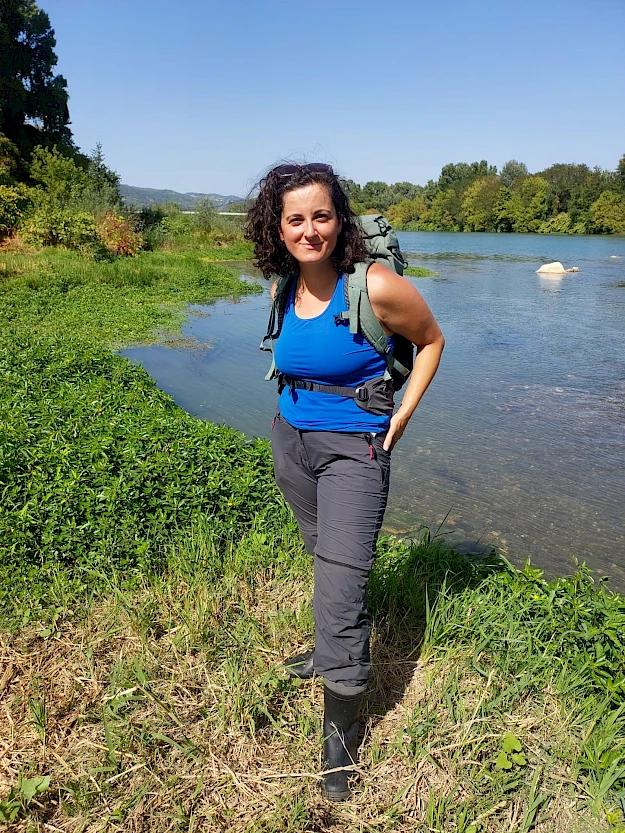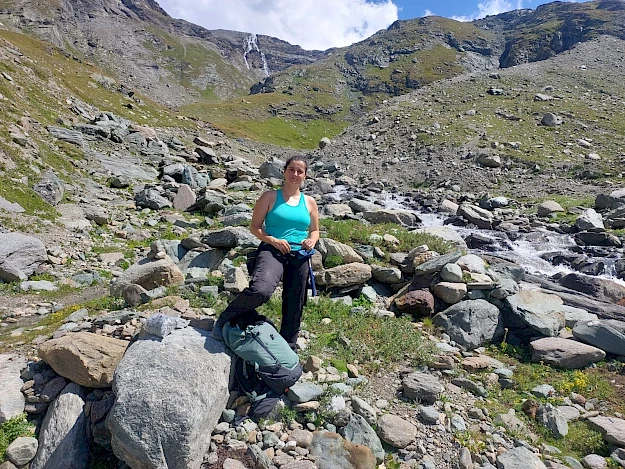Researcher at the Geosciences Center of the Department of Earth Sciences (DCT) wins ERC grant of 2.5 million euros
Inês Pereira, researcher at the Geosciences Center of the Department of Earth Sciences (DCT) of the Faculty of Sciences of the University of Coimbra (FCTUC) has just won funding of 2.5 million euros from the European Research Council (ERC) for a period five years.
The ERC Starting Grant will be applied to the FINGER-PT project – Fingerprinting cold subduction and Plate Tectonics using key minerals, which begins in January 2024 and aims to develop and test new tools that allow tracking the evolution of plate tectonics throughout the time and, effectively, establish when such dynamics began.
«Despite great efforts to understand the evolution of plate tectonics, we still do not know exactly when this incredible dynamic began to operate. We only know that when the Earth was formed around 4570 million years ago it did not exist and, nowadays, at least since 1000 million years ago, it exists», says Inês Pereira.
According to the researcher at the DCT Geosciences Center, this scholarship will allow the creation of two new laboratories at FCTUC. One of the spaces will have a unique instrument for the Iberian Peninsula and for Earth Sciences, namely an integrated scanning electron microscopy and Raman spectroscopy system, while the other laboratory will give the possibility of working on absolute geochronology, from a coupled system of a laser and a mass spectrometer. Both will help to fill a gap that exists in terms of access to this type of equipment for researchers in the field of Earth Sciences in Portugal.
«In addition to being essential for the execution of this project, it is intended that, in the long term, these laboratories become a national and international reference in Earth Sciences, and constitute an excellent opportunity to reinforce the training of our students in the areas of geochemistry and geochronology», reveals Inês Pereira.
FINGER-PT's innovative approach, explains the researcher, «involves the use of some minerals that have witnessed the operation of cold subduction zones in the Earth's past. This is only possible through a detailed and exhaustive analysis of the mineral record, preserved in sedimentary rocks, using tools that allow us to determine the pressure, temperature and age of formation of these minerals. A huge challenge», she concludes.
The project, which will have the support of professors Pedro Dinis (FCTUC) and Kenneth Koga (Université d'Orlèans), researcher Emilie Bruand (Geo-Ocean) and Matteo Alvaro's team (Università di Pavia), will essentially take place at FCTUC , although an important portion of the work will be developed at the Université d'Orlèans, in France. FINGER-PT also includes short stays in other European institutes and fieldwork on four continents.


